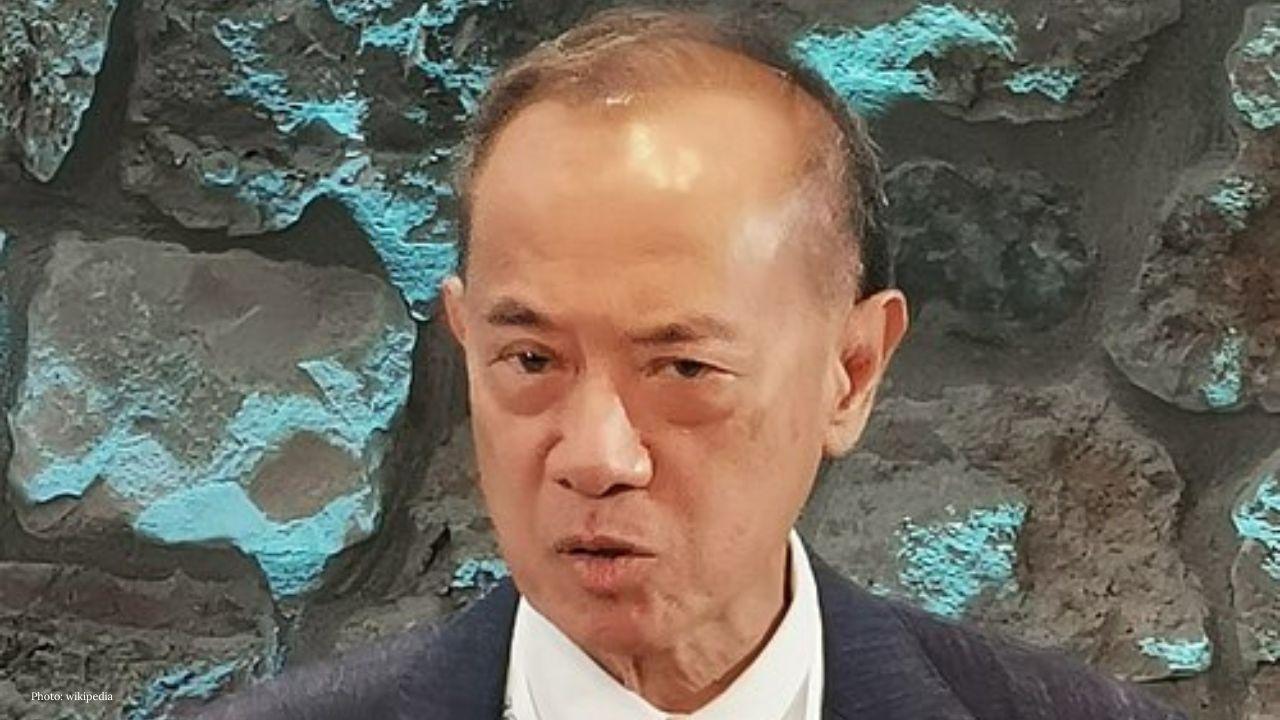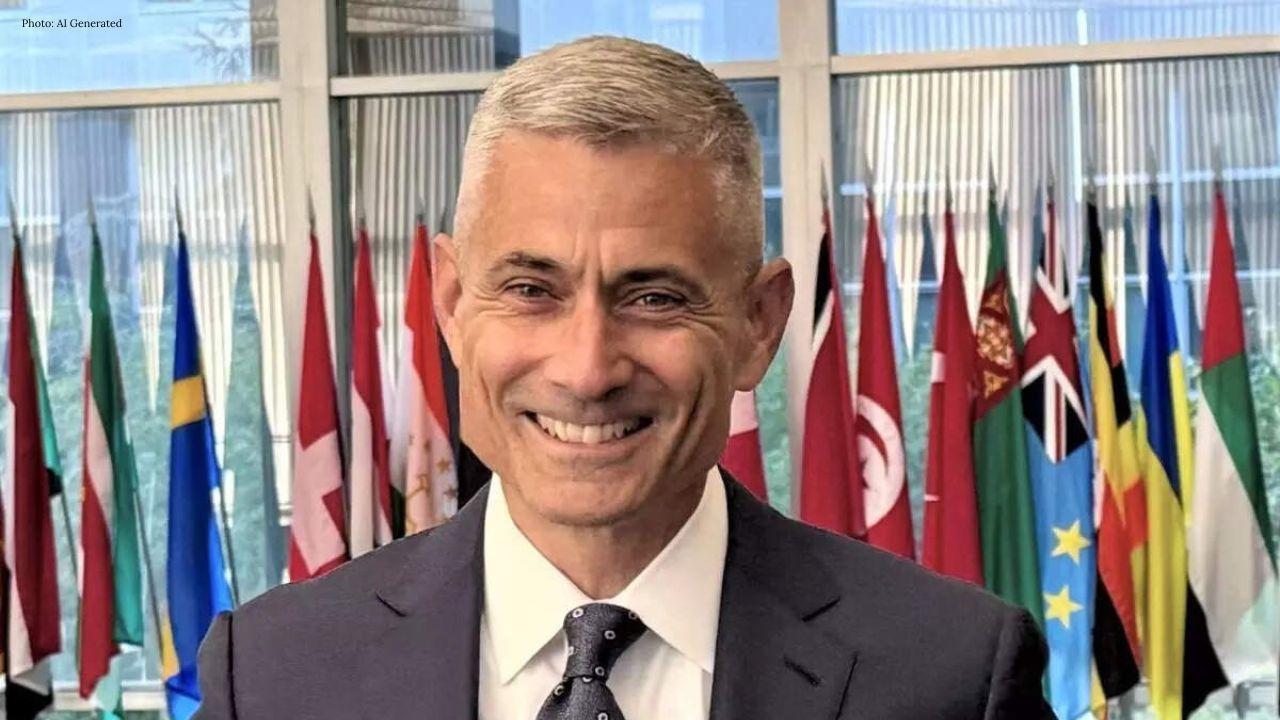You have not yet added any article to your bookmarks!

Join 10k+ people to get notified about new posts, news and tips.
Do not worry we don't spam!

Post by : Anis Farhan
For centuries, healthcare has been largely reactive. Patients sought medical attention after symptoms appeared, often when diseases had already progressed. Today, Artificial Intelligence (AI) is rewriting that model by shifting medicine toward prevention and early detection. Instead of waiting for illnesses to manifest, AI systems can now analyze vast amounts of data—genetic profiles, medical imaging, lifestyle metrics, and electronic health records—to detect patterns that reveal the earliest signs of disease. This transformation represents a paradigm shift in healthcare, promising to save millions of lives and reshape how societies approach well-being.
AI excels at identifying subtle patterns in data that would be invisible to human doctors. Machine learning algorithms can analyze thousands of health parameters simultaneously, predicting risks for conditions such as cancer, diabetes, Alzheimer’s, and cardiovascular disease years before clinical symptoms arise.
For example:
Cancer Prediction: AI imaging tools can detect tumors at stages far earlier than conventional scans.
Alzheimer’s Risk: Algorithms analyzing brain scans and genetic data can forecast dementia years in advance.
Heart Disease: Predictive models using wearable device data can alert patients of irregular heart rhythms, preventing life-threatening cardiac events.
Such predictive capabilities open the door for timely interventions, personalized treatment plans, and preventive strategies that drastically reduce disease burdens.
Medical imaging has become one of the most promising areas for AI application. Algorithms trained on millions of scans can now identify anomalies that even experienced radiologists might miss. AI-driven diagnostic tools are already proving superior in detecting early signs of lung cancer, breast cancer, and diabetic retinopathy.
Hospitals in Asia, Europe, and North America are testing AI systems that act as a “second set of eyes” for radiologists. By flagging subtle abnormalities, these tools improve diagnostic accuracy, reduce human error, and speed up treatment decisions. The combination of human expertise and AI precision is revolutionizing the diagnostic landscape.
AI’s role in genomics is perhaps one of the most exciting frontiers. By analyzing genetic sequences, AI can identify predispositions to diseases and suggest lifestyle or medical interventions to mitigate risks. This has given rise to personalized medicine—treatments and prevention strategies tailored to an individual’s genetic makeup.
For example, AI-driven genomic tools can recommend specific drug therapies based on how a patient’s body is likely to respond. Such precision reduces trial-and-error in treatment, cuts costs, and increases the chances of successful outcomes.
The rise of wearable devices—from smartwatches to fitness trackers—has provided healthcare systems with unprecedented streams of real-time data. AI integrates this information to provide early warnings for health risks.
A person’s heart rate, oxygen saturation, sleep patterns, and physical activity can all be tracked continuously. When AI detects irregularities, it can alert patients or healthcare providers instantly. This form of continuous monitoring allows for proactive management of chronic conditions and early detection of acute health issues, turning everyday devices into life-saving tools.
Early diagnosis not only saves lives but also reduces the financial burden on healthcare systems. Treating diseases at advanced stages is expensive and resource-intensive. By identifying illnesses earlier, AI allows for less invasive and less costly interventions.
Governments and insurers are increasingly investing in AI solutions for this reason. Preventive care reduces hospital admissions, shortens recovery times, and helps allocate medical resources more effectively. For developing countries with strained healthcare infrastructure, AI offers a pathway to affordable and scalable healthcare solutions.
While the benefits are undeniable, AI in healthcare also raises ethical and privacy questions. Sensitive medical data must be protected against misuse and breaches. Patients need assurance that their genetic information or health records will not be exploited by corporations or insurers.
Moreover, there is concern about over-reliance on AI. Algorithms, though powerful, are not infallible. Biases in training data could lead to misdiagnoses, particularly in underrepresented populations. Ethical frameworks and strict regulations are essential to ensure AI enhances, rather than undermines, patient trust.
Several barriers stand in the way of widespread AI integration in healthcare:
High Costs of Implementation: Advanced AI systems require significant investment in technology and training.
Regulatory Approval: Medical AI tools must undergo rigorous validation before being approved for clinical use.
Doctor-Patient Relationship: AI must be integrated without eroding the human connection that is central to healthcare.
Data Gaps: In many developing countries, incomplete health records make it difficult to train accurate AI models.
Overcoming these challenges will require cooperation between governments, technology firms, healthcare providers, and patients.
The promise of AI-driven early detection is immense. Future healthcare systems may rely on AI to provide individuals with regular health “forecasts,” much like weather updates. A combination of genomic analysis, wearable monitoring, and medical imaging could create a comprehensive picture of a person’s health risks long before symptoms arise.
This proactive model of healthcare could redefine medicine as we know it—shifting the focus from treating disease to preventing it. Countries investing in AI today are laying the foundation for healthier societies tomorrow.
This article is for informational purposes only. It reflects ongoing trends and developments in healthcare technology and does not constitute medical advice. Always consult a qualified healthcare professional for medical concerns.










Bangladesh Government Declares Seven-Day Eid-ul-Fitr Holiday
Extra public holiday on 18 March approved by cabinet to create week-long break from 17–23 March

Pakistanis Return Home via Taftan Border
Hundreds cross from Iran into Balochistan as US-Israel strikes intensify FIA ensures 24-hour immigra

US-Based Japanese Doctor Arrested Over Shrine Vandalism
Masahide Kanayama extradited to Japan, accused of defacing Katori Shrine in Chiba with oily liquid i

China to Raise Defence Budget by 7% in 2026 Amid Global Tensions
Beijing proposes a 1.91 trillion yuan defence budget for 2026, marking 11th straight year of single-

China Ousts Three Retired Generals from Top Political Advisory Body
CPPCC ousts retired PLA generals ahead of annual Two Sessions as broader anti‑corruption military sh

Japan Jobless Rate Rises to 2.7%
Japan sees first increase in jobless rate in five months as voluntary quits rise and job openings sl